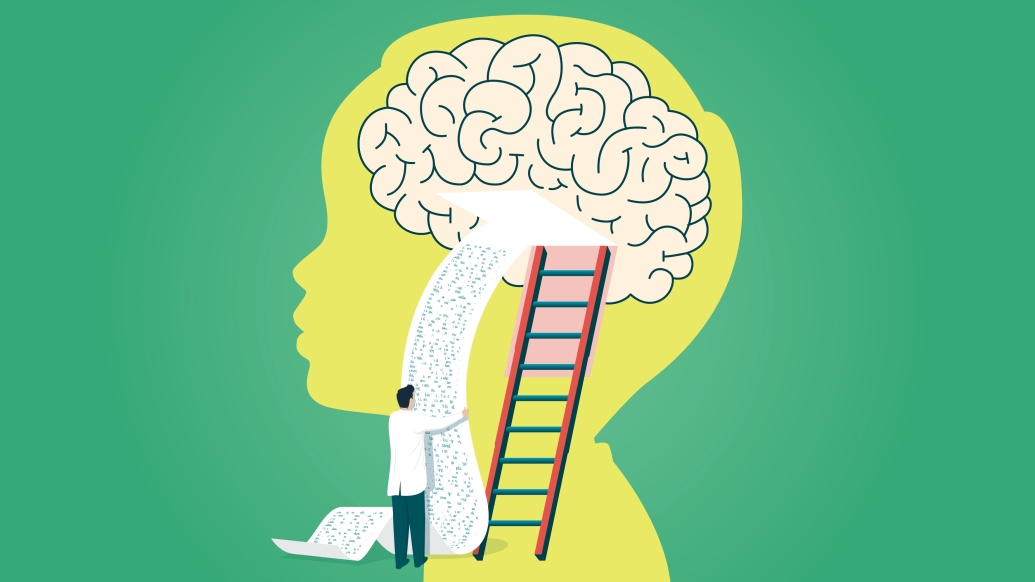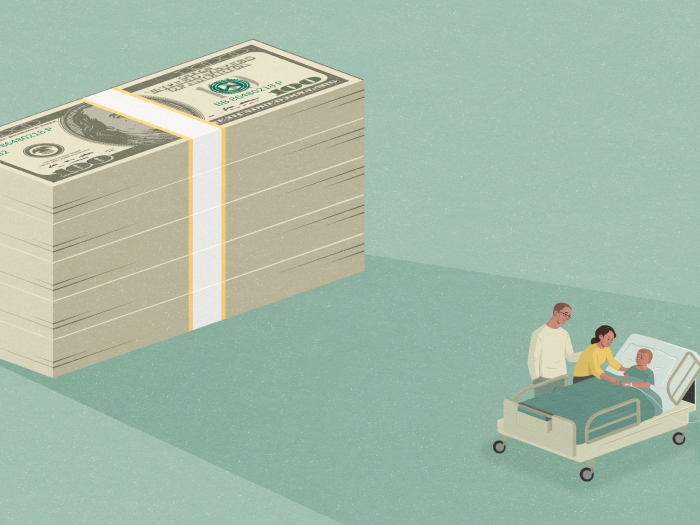U-M is recruiting parents and children for a unique opportunity: paid participation in a national study of healthy brain development.
1:00 PM
Author |

Parents and their 9- and 10-year-old children in Ann Arbor have the chance to join a study that may help improve the lives of children all around the world.
MORE FROM MICHIGAN: Sign up for our weekly newsletter
The study concerns the developing brain, and how various childhood experiences shape the brain and — ultimately — social, behavioral, academic, health and other outcomes. The findings may help parents and communities support healthy brain development.
Although there is an abundance of information available about the developing body, information concerning the developing brain is harder to find. The Adolescent Brain Cognitive Development (ABCD) study seeks to uncover some of the many mysteries of the developing brain through a national study of about 10,000 children — tracked through adolescence into adulthood.
The University of Michigan is one of 21 research sites across the U.S. participating in the NIH-funded longitudinal study.
Bridging a data gap
Mary Heitzeg, Ph.D., lead researcher for the U-M study, says researchers hope to provide information on normal brain development — similar to body development charts, such as those measuring body mass index.
"This is a tremendous opportunity for us to work with families to seek answers to important questions about the influence of early experiences on learning, health and the brain," Heitzeg says. "The large, diverse sample of youth to be followed by the ABCD study will afford an unprecedented opportunity to uncover critical risk and protective factors that shape social, emotional, intellectual and physical growth throughout adolescence."
SEE ALSO: When Your Kids Should — and Shouldn't — Use Digital Media
Data on the developing brain is especially important for understanding how various stimuli and experiences affect cognitive development and vice versa. The study will take numerous factors into account, such as a child's sleep patterns, mental health, family relationships, level of physical activity, use of electronics and substance use to understand how these elements affect the brain and influence behavior.
Through long-term studies, the causes and risks of heart attacks and how to prevent them is well-known. Yet in areas so important to a child's well-being, we still have so much to learn. Participating in this long-term study is a way to contribute to the body of knowledge.
The data collected from this study will help piece together information about the developing brain and will also help scientists understand which risk factors might contribute to mental health problems, such as mood disorders, sleep disturbances and substance use.
The details
Children who join the study will meet with researchers annually over a 10-year period, where they will answer questions about their behavior and experiences, as well as complete tasks on tablets.
Every other year, the children will have an MRI, where their brains will be scanned while they complete tasks, in order to observe which parts of their brain the tasks are activating.
Every six months, researchers will check in on children through a phone call, where they see if there have been any notable changes in behavior or mood since they last met.
Compensation will be provided for both children and parents after each encounter with the researchers.

Explore a variety of healthcare news & stories by visiting the Health Lab home page for more articles.

Department of Communication at Michigan Medicine
Want top health & research news weekly? Sign up for Health Lab’s newsletters today!





